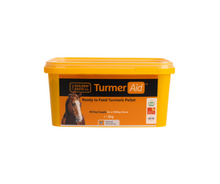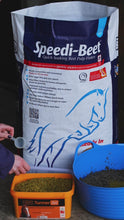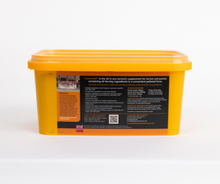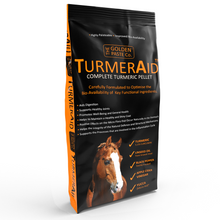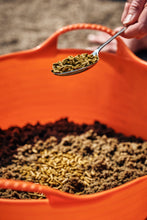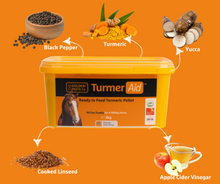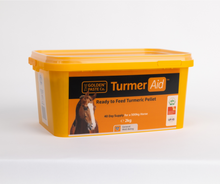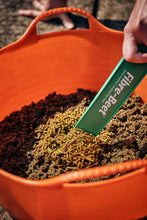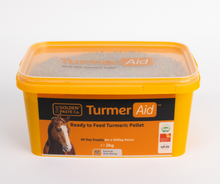Horses and Ponies prone to Laminitis
Horses and Ponies prone to Laminitis
Each year, several horses and ponies suffer with a condition known as Laminitis. The British Horse Society (BHS) say that 1 in 10 horses suffer from the condition, which any horse can end up with. Approximately 90% of laminitis cases can be attributed to an underlying hormonal disorder, but for any horse, prevention is far better than cure. Prevention is so important because laminitis is irreversible.
Treatment is initiated to minimize further damage, rather than to cure the condition. One key factor in this prevention is managing your horse’s weight and condition carefully whilst ensuring that their diet contains all of the required nutrients to keep them happy and healthy. It is also vital that as a horse owner, you are in a position to identify early signs of the condition.
Firstly, it is important to understand the difference between acute and chronic laminitis. Our article all about laminitis can tell you more, but here’s a guide to get you started. Symptoms of acute laminitis can be severe and come on quickly. In contrast, a horse with chronic laminitis is likely to show ongoing or relapsing symptoms.

Acute laminitis symptoms
- Reluctance to move or turn
- Visibly lame with shortened or stiffened strides
- Change in behaviour and temperament
- Symptoms can be similar to colic
- Laminitic stance – leaning backwards onto heels to relieve pressure at the front
Chronic laminitis symptoms
- Growth rings on hoof (wider at the heel)
- Abnormalities of the angle and/or shape of the hoof
- Large, cresty neck
- Heat in the hoof wall
Read more on laminitis here.

To put it simply, laminitis is damage and inflammation of the tissue between the hoof and the underlying coffin bone which can be the result of multifactorial inputs, including poor circulation, hypoxia, oxidative damage, endotoxins and insulin dysfunction. In order to try to reduce the occurrence of laminitis, a diet which supports the inflammatory cycle is a positive step. Given that inflammation is a significant factor in laminitis, factors that optimise the microbiome – a major factor in maintain normal physiological function – can help benefit compromised animals.
Optimising the absorptive capacity the gut wall, through the actions of natural antioxidants, fermentative end products of microbiota helps reduce the absorption of endotoxins, pro-inflammatory factors and maintains insulin sensitivity. At the same time nutritional support of the immune system, and endogenous oxidative systems helps maintain the normal function of the inflammatory cycle.
Nutritional support through selective omega fatty acids can also support the above, as well as the vascular and circulatory system.
Antioxidants play a crucial role in supporting overall health and well-being, particularly in regulating insulin sensitivity. These compounds help neutralise free radicals, reducing oxidative stress, which can contribute to metabolic imbalances. Maintaining balanced insulin levels is essential for energy regulation and overall metabolic function in horses.
In addition to their role in muscle recovery and joint function, antioxidants support inflammatory regulation, which is particularly important for horses prone to metabolic challenges. By promoting a healthy response to environmental and dietary factors, antioxidants can help maintain optimal metabolic health and overall resilience.
When incorporating antioxidants into a horse’s diet, it is important to ensure they are delivered in a form that is bioavailable and easily absorbed.










